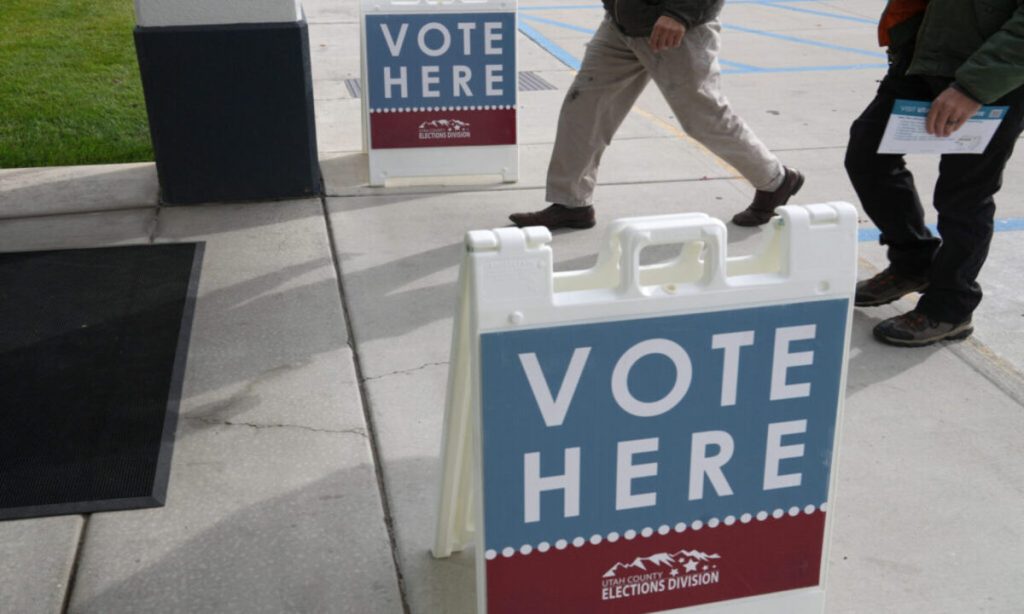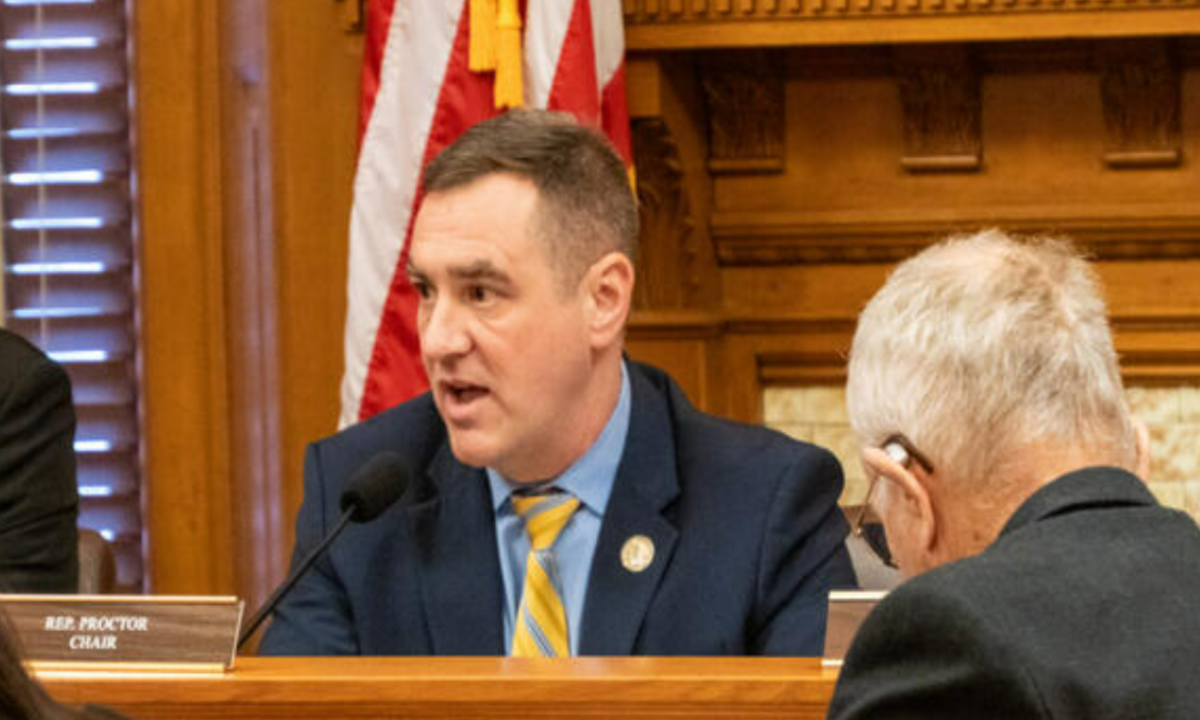A new bill introduced in the Kansas House, known as House Bill 2020 (HB 2020), seeks to use temporary driver’s license records to identify and remove non-U.S. citizens from the state’s voter rolls. While the bill aims to strengthen election integrity, critics argue it could lead to voter disenfranchisement and raise privacy concerns.
Key Provisions of HB 2020
The Kansas Secretary of State’s Office supports HB 2020, calling temporary driver’s license records “the best tool we have” for identifying non-citizens on voter rolls. Temporary licenses are issued to individuals who can prove residency but are not U.S. citizens.
The bill proposes comparing the state’s voter registration rolls with a list of individuals holding temporary licenses to identify potential matches. According to state officials, such lists have been requested only six times in the past 15 years.
The latest comparison revealed 202 potential matches, of which 120 were determined to be false positives. Out of the remaining 85, only 21 individuals had a voting history that required further investigation into their citizenship status.
The bill mandates collecting personal information, including names, addresses, phone numbers, Social Security numbers, and license details, for this comparison. However, county election officials—not the Secretary of State’s Office—would be responsible for making changes to voter rolls after verifying citizenship status.
Concerns Over Accuracy and Privacy
Critics of the bill, including voting rights advocates and civil liberties organizations, have raised several concerns. They argue that the process of comparing voter rolls with temporary license records is flawed and could disenfranchise legitimate voters.
Davis Hammet, president of the voting rights organization Loud Light, warned against oversimplifying the process. “The most dangerous thing you could do is assume that you can take two lists and perfectly compare them,” Hammet said. He noted that similar legislation in the past led to thousands of Kansans being unfairly blocked from voting.
The American Civil Liberties Union (ACLU) of Kansas also expressed concerns about data privacy and the potential for fueling unfounded conspiracy theories about widespread illegal voting. Rashane Hamby, policy director for the ACLU of Kansas, stated, “HB 2020 plays into conspiracy theories about large numbers of non-citizens voting in Kansas elections. This simply isn’t true.”
Historical Context and Legal Challenges
The bill’s critics have drawn comparisons to a 2018 law that required Kansans to provide proof of citizenship when registering to vote. That law, spearheaded by former Secretary of State Kris Kobach, was struck down after it blocked more than 35,000 Kansans from voting.
During litigation over the proof-of-citizenship law, evidence of voter fraud was found to be minimal, with fewer than 40 non-citizens registering to vote over a 20-year period.
Republican leaders, however, argue that HB 2020 is different because it focuses on maintaining voter rolls rather than requiring proof of citizenship during registration.
“Anyone who tells you that non-citizens aren’t voting in Kansas is lying to you,” said Rep. Pat Proctor, a Leavenworth Republican and chairman of the House Elections Committee. “The fact is we don’t know because we aren’t doing much to check.”

Calls for More Transparency
Critics have also pointed out the lack of clear logistical details in the bill. Hammet and others have called for more transparency in how voter rolls will be updated to prevent errors that could disenfranchise eligible voters.
Brett Anderson, a Republican precinct committee member, raised concerns about the bill’s potential to lead to legal challenges. “Isn’t this setting up for litigation when the main issue of citizenship is still in limbo in Kansas?” he asked.
What’s Next?
The debate over HB 2020 highlights a growing divide between those who see it as a necessary step to ensure election integrity and those who believe it risks violating voter rights and privacy. Another bill targeting non-citizen voting is set to be discussed in the same committee later this week. This proposed constitutional amendment would require voters to be U.S. citizens, 18 years old, and residents of their voting area—requirements that are already enforced under existing laws.
For now, the fate of HB 2020 remains uncertain as lawmakers continue to debate its potential impact on Kansas elections.
Disclaimer—Our team has checked this article to ensure its accuracy and eliminate any misinformation. We are committed to providing clear and reliable information for our readers.




